Primarily, I read to learn. Enjoyment is a reason, sure. But even when I am reading genre fiction, like fantasy or romance, I want to learn something about myself or the world.
When I first began to read, the internet was not a thing. Dial-up appeared at our house when I was thirteen years old and smartphones didn’t appear until I had graduated college. It’s true I used technology while pursuing my English degree, yet incorporating it into my everyday reading life didn’t happen until I purchased a tablet. Having a device with easy access to technology has enhanced my reading life in so many ways.
One of the exquisite joys of reading digital books is the seamless integration of technology into my reading life. While it’s true you do not need an electronic device to use technology—any search engine will work just as well—my tablet made it easy. I still read physical books for the smell, the feel of the paper, and the satisfaction of seeing my progress as I turn physical pages, but having a device nearby gives me the best of both worlds.
One of my best books of summer was The Lost Masterpiece by B. A. Shapiro, which follows the life of artist Berthe Morisot. (I discussed it in our What Should I Read Next? bonus episode More team’s best books of summer.) As I often do, I relied heavily on search engines to enhance my reading experience. Here is what the process often looks like for me, with this novel and others:
1. The definition and pronunciation of words
While reading physical books in the past, in order to find out the definition of the word, I had to stop reading, find a dictionary and look up the definition. (To be honest, I never did this all that often.) Plus, I was too interested in my story to stop and define the word and figure out the pronunciation phonetically. This led to a number of pseudo-embarrassing moments of mispronouncing words, even though I could define them. Now I love the handy way that I can tap the word on my tablet and have the dictionary tell me what it means and even say it for me. With The Lost Masterpiece, that’s how I was able to pronounce Berthe Morisot’s name somewhat accurately.
2. The sense of place
I often look up landmarks and locations, which enhances my understanding of place. Having never visited Europe, countries and settings are my favorite places to look up on maps. While reading The Lost Masterpiece, I looked up Berthe’s house in Paris which features predominately in the story: 40 Rue de Villejust. And when the novel’s second protagonist Tamara travels to Paris, I used my tablet to stroll around the Grand Palais with her, looking up through the glass dome. I never would have known that there was a glass dome if I hadn’t looked that up. But because I did, I felt like I was there.
3. All of the artwork
I love books about painting and artists almost as much as I love books about books and reading. Nothing is more gratifying than when looking up a historical piece of art and seeing what it actually looks like. While the main artwork in The Lost Masterpiece is not real, all the other paintings by Morisot, Manet, Degas and others actually exist, and I think I looked up every one of them. I have discovered some of my personal favorite art pieces that way, as well as new-to-me artists like Henri Matisse.
4. Historical people and incidents
While I was reading The Lost Masterpiece, I kept asking myself, did this event actually happen? Was it widely known that Morisot and Manet were having an affair? The Author Note, an extra section in books where an author gives insight into their research process and the liberties they may have taken with a story, generally clears up some of my questions. However, I always enjoy finding other sources of information and reading about the individuals more deeply. Some authors will list their reference material and even include further reading recommendations. These Author’s Notes are a gold mine, filled with threads to follow.
5. World languages and all the food
Foreign (to me) words are always prevalent in my reading because I like to read about different countries and cultures. I’m a foodie so nothing piques my interest more than a dish I have never heard of before so most of these words have to do with food. And while The Lost Manuscript did not have food references, my other summer selection, An Inside Job by Daniel Silva, had a lot. Silva’s characters eat a lot of good food, most of which I am unfamiliar with. What’s a cornetto? Basically, the Italian equivalent of a croissant. While I could often surmise the meaning of these words based on the context, it’s great to be able to look them up and find out.
Are there other ways I can use technology to enhance my reading experience? How do you use it while reading? Let me know in the comments and I will (read) you there.
P.S. A trick for when you’re in a reading rut, Elevate your reading experience with these favorite bookish things, and 8 fine arts thrillers you won’t want to put down.
About the author

Shannan Malone is our MMD Cohost and What Should I Read Next? Patreon Community Manager. Her go-to genre depends on her mood! You can find Shannan on Instagram @shannanenjoyslife.
We appreciate a good conversation in the comments section. Whether we’re talking about books or life, differing opinions can enrich a discussion when they’re offered for the purpose of greater connection and deeper understanding, which we whole-heartedly support. We have begun holding all comments for moderation and manually approving them (learn more). My team and I will not approve comments that are hurtful or intended to shame members of this community, particularly if they are left by first-time commenters. We have zero tolerance for hate speech or bigotry of any kind. Remember that there are real people on the other side of the screen. We’re grateful our community of readers is characterized by kindness, curiosity, and thoughtfulness. Thank you for helping us keep it that way.


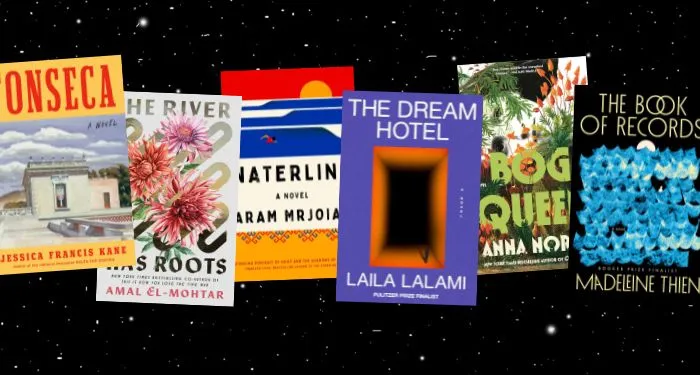
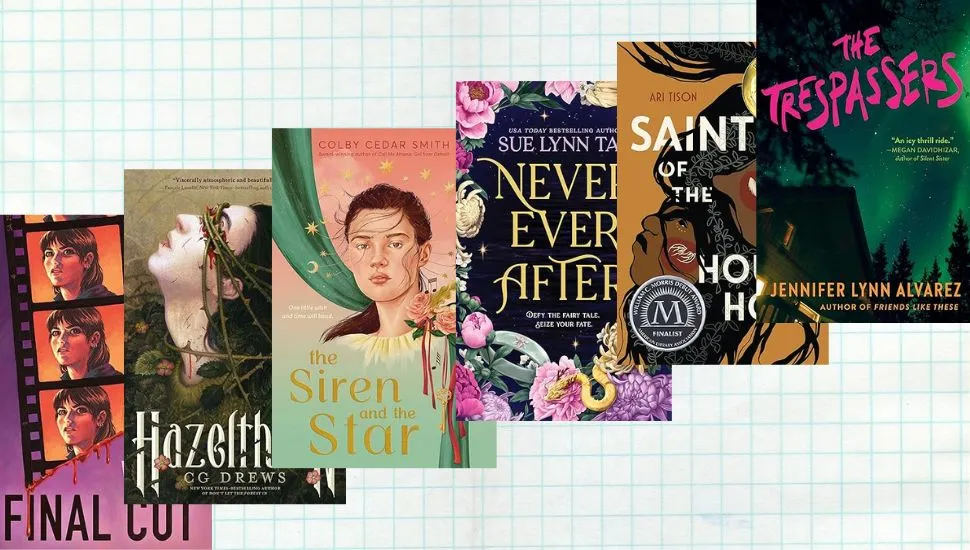
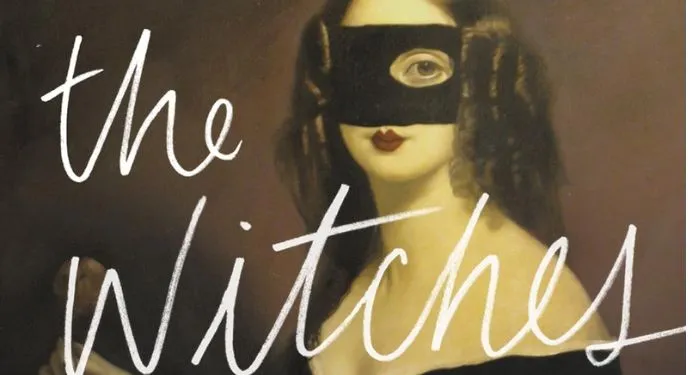



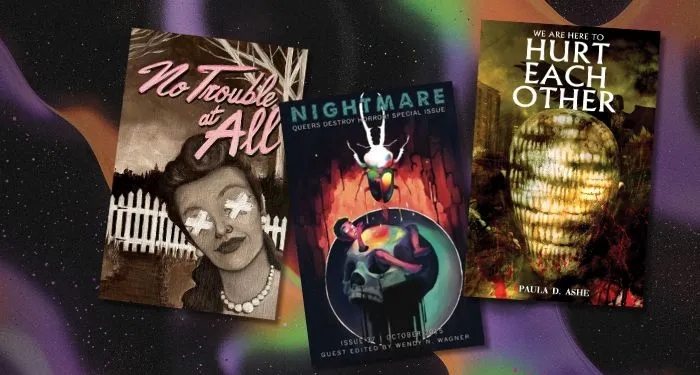



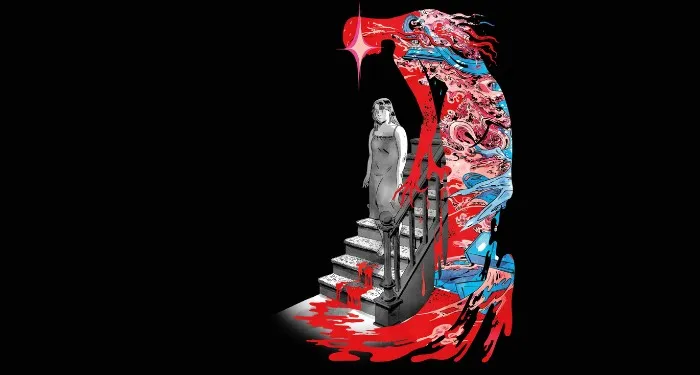


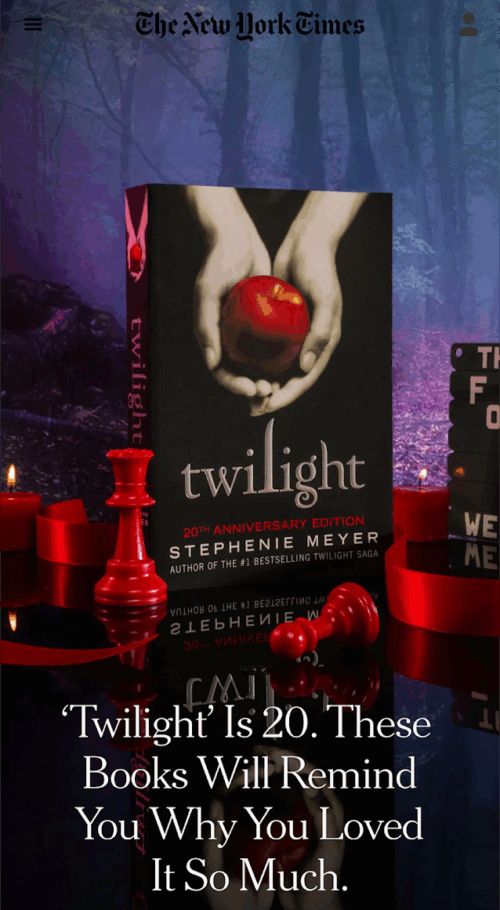
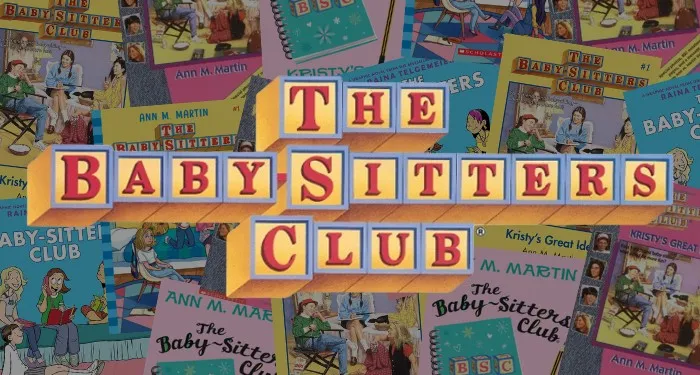


 English (US) ·
English (US) ·